Behaviour Bites
with Dr Ash Hargreaves BSc DVM MANZCVS (Veterinary Behaviour)
Helping Your Dog with Thunderstorm Phobias and the odd fireworks display.
Does your dog get scared of loud noises, do they pace, bark, whine, try to escape or get inside during a thunderstorm or fireworks?
With spring upon us – thunderstorms are here for a little longer.
Unfortunately, these types of sensitivities usually only get worse with the number of exposures, and some older dogs may develop a noise phobia when they may have not been bothered at all by noise when they were younger. As with many anxieties, repeated exposure to the trigger often makes the anxiety much worse for the next time they are exposed, as they remember just how terrible the experience was the last time, and with each exposure the anxiety can compound.
We all need a little help from someone…
If your pet is showing signs of noise sensitivities there a few things you can do to help them through it. During a storm event we should aim to keep the pet as calm as possible and to change the underlying emotional experience from a negative to a more positive one.
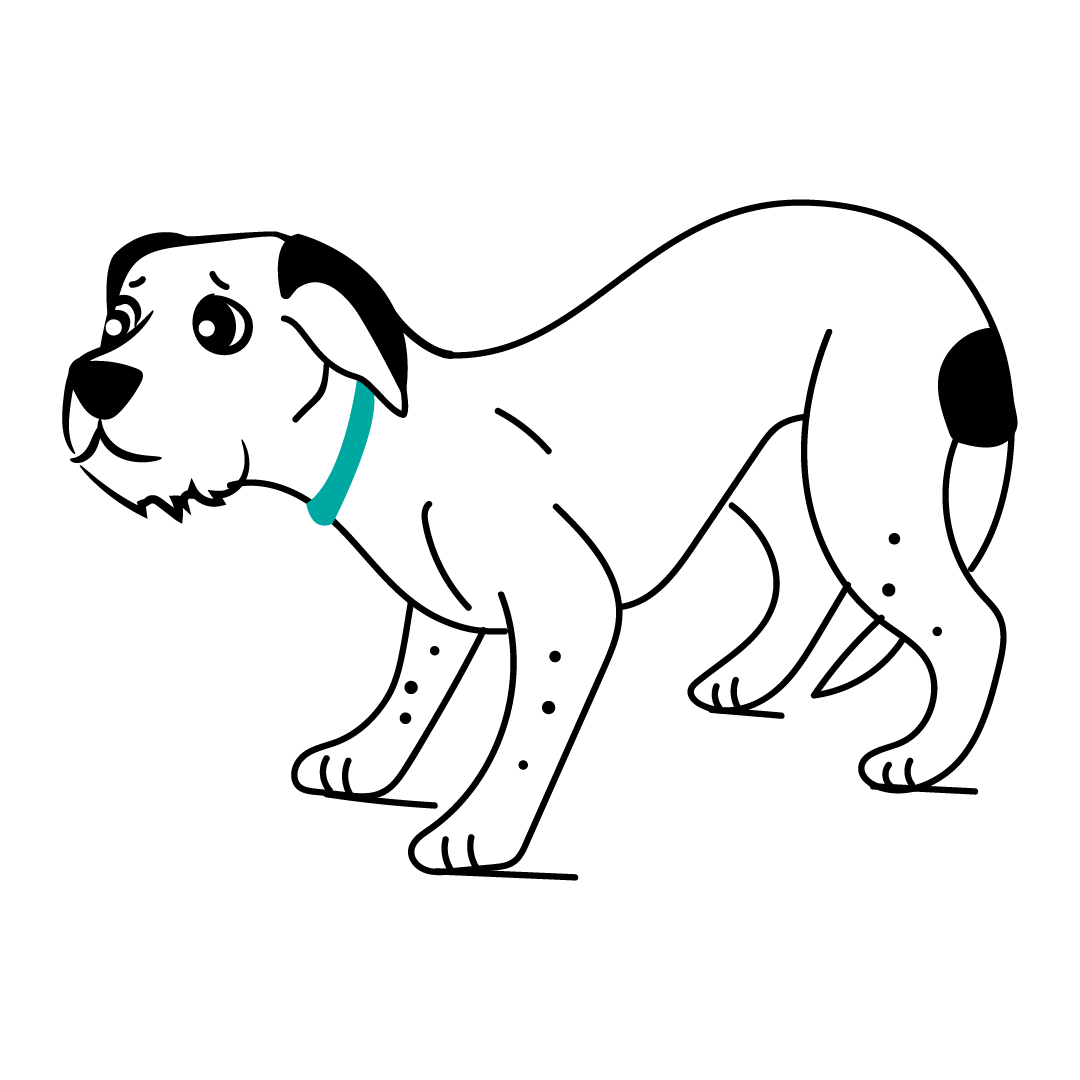
Here are some basic steps to help your pet during a storm:
1. Create an environment that blocks out the lights and sounds of the storm.
• That place may be inside with lights on and curtains closed
• Some individuals will feel more comfortable in a smaller room or small space.
• Play music to drown out the sound of the storm (classical, soft rock or reggae have been recommended), or you can use a white noise machine.
2. Distraction
Distract your pet with something enjoyable to focus on, such as a stuffed Kong, a chew treat or other food puzzle. Some dogs may be better distracted by a game or just enjoy a calming pat (calming pats should use slow long strokes).
3. What is a Thunder Jacket?
Some pets may benefit from gentle pressure such as a small t-shirt or dog-jumper or commercially available ‘Thunder Jacket’.
4. Using sprays to calm your dog.
Some pets may respond to calming pheromone sprays (Adaptil for dogs or Feliway for cats) or may benefit from a nutraceutical such as Zylkene, which is an over-the-counter calming supplement.
5. Medications.
For many pets who have a true noise phobia, none of these things will be much help without the assistance of an anxiolytic medication. If an individual is experiencing severe anxiety they will be in a state of panic and no matter your best effort, the experience will be a negative one for them.
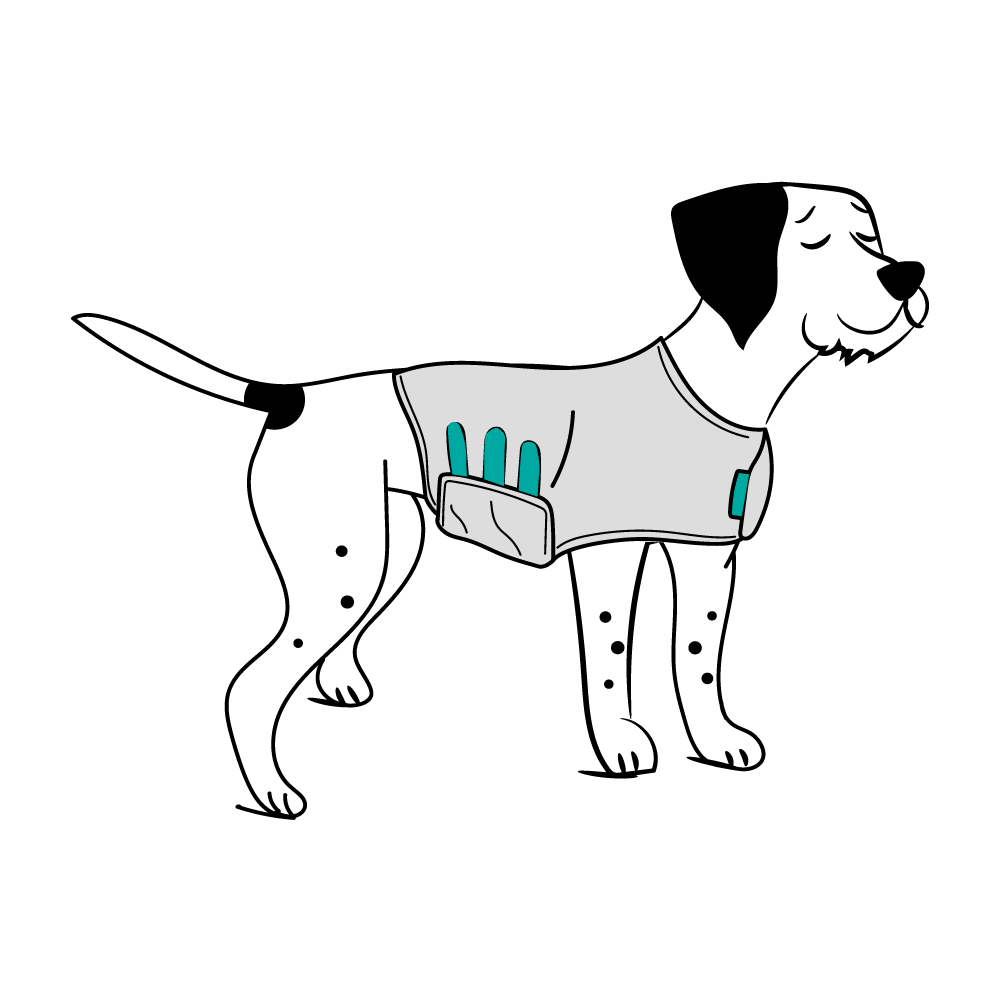
Once your pet has an appropriate medication and dose rate onboard, then the above steps will likely be able to start to change noise events to a much calmer and possibly even enjoyable time for your pet.

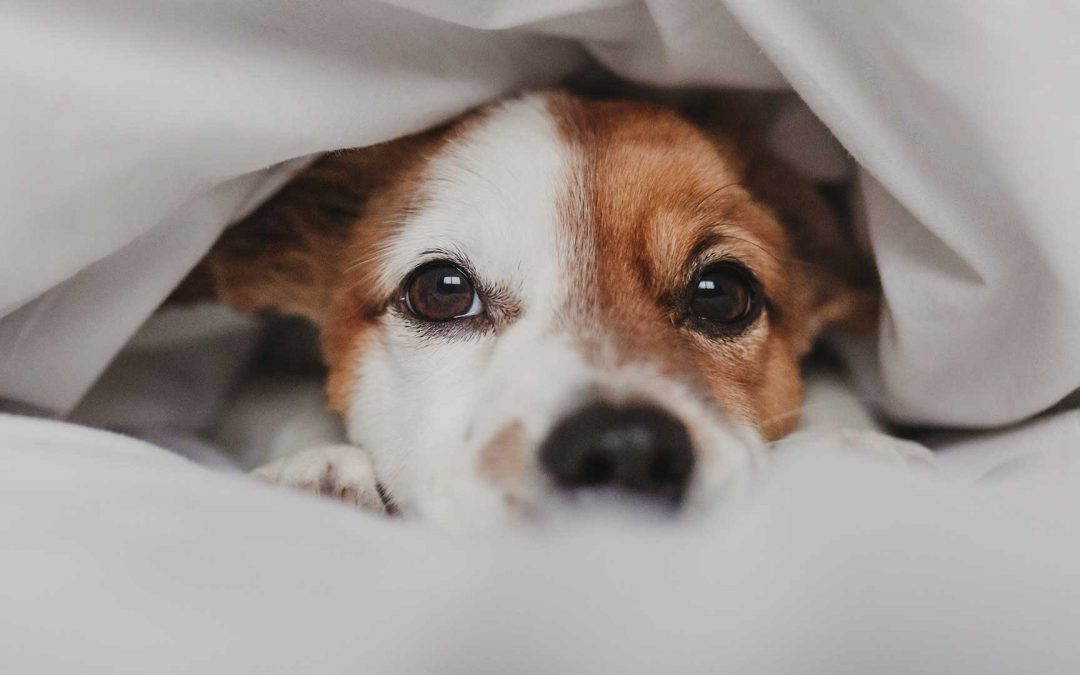
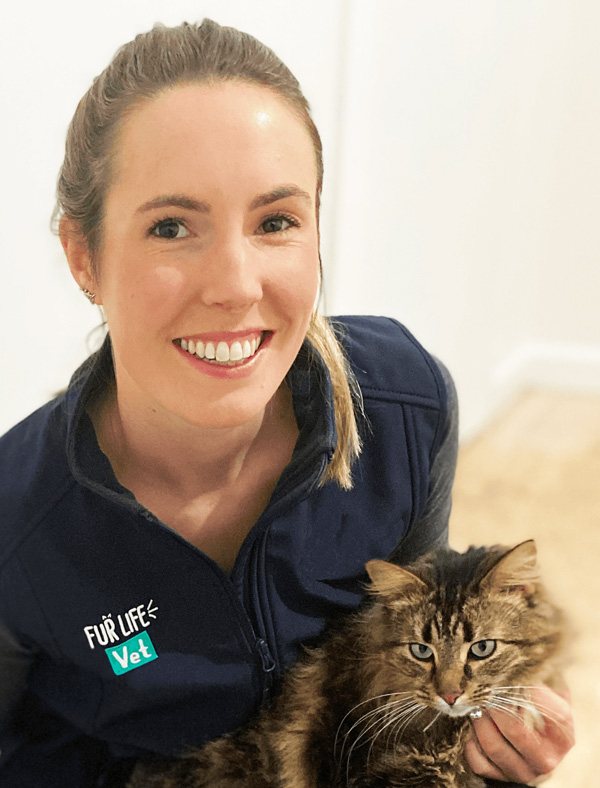
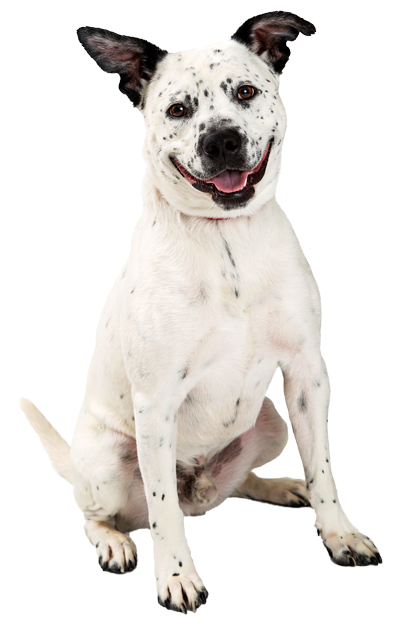

Recent Comments